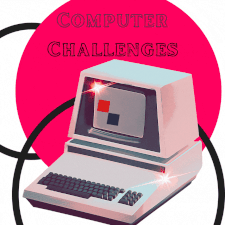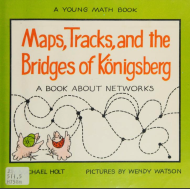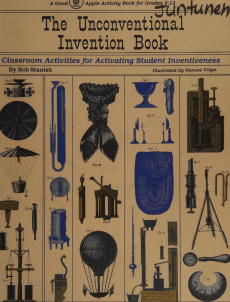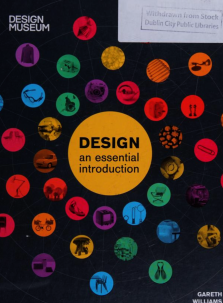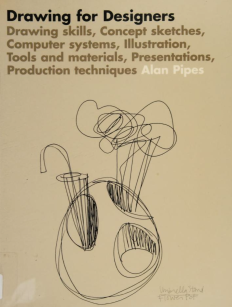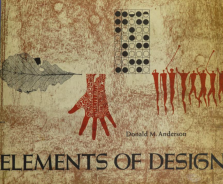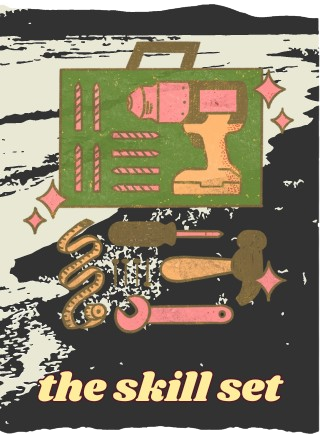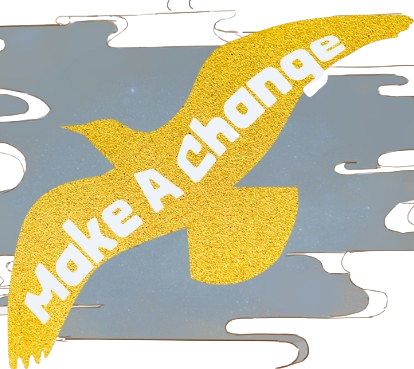Digital Literacy
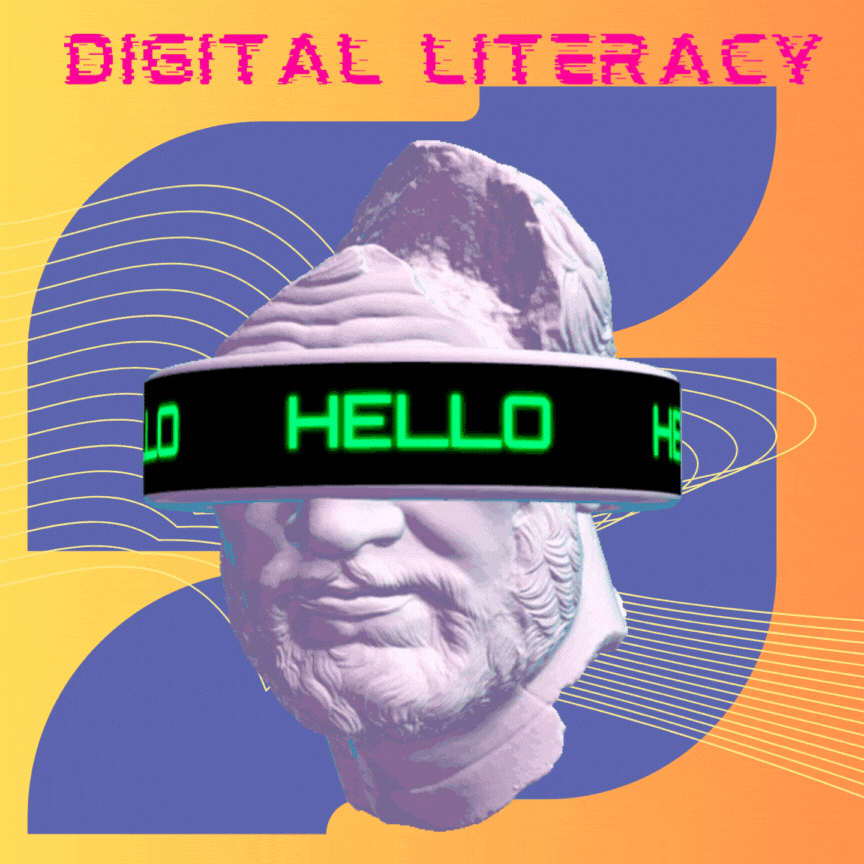
Games, toys and challenges we need to create to empower curiosity and courage in a technological age:
- Build your own computer (Although a simplified version of this exist, I would like to actually build a functioning computer to which more and more powerful computation can be added as the students masters skills).
- App building that takes into consideration the ability of children, their perspective and their interests.
- Some companies are already working on gamifying education but it is mostly available to one particular group and is not easy to find or explore. A tool that is more readily available and encourages education would benefit a larger group of children. Mindcraft and Khan Academy Kids is a good example of companies taking education to another level and being more ubiquitous and some free.
- Data activity by PLIX
Knowledge Areas
- Cinematography & media production
- Marketing, advertising & sales
- Information technology
- Computer Science
- Programming
- Engineering
- Robotics
- Synthetic Biology
- Maker/DIY skills
 Learning Outcomes
Learning Outcomes - Convincingly convey a message using media forms
- Persuasion
- Self-identity/brand management in the digital space
- Deep awareness of one's digital footprints
- Knowing how to adroitly manipulate digital technologies, while understanding their limitations
- Computational thinking (logic, recursiveness etc)
- Data collection and analysis (data collection and it's implication example)
Read an excerpt from Education for the Age of AI
Information Literacy

Keys to Mastering this Concept
- Accepting the progressive nature of information and remaining open to new evidence
- Able to understand the role of socio-cultural lenses in interpretation and the proliferation of new ideas
- Acknowledge informed debate as a critical, nuanced step towards replication, refinement and eventual consensus
- Evaluate source credibility for common access points in information dissemination cycle
- Develop an informed orientation to ensure clarity of how evidence is situated in the broader landscape of relevant knowledge
How to do that?? (From "Power of Their Own Ideas" p 41)
- Concern for the Evidence: How do you know that? What is your source?
- Viewpoints: Who said it? Why?
- Cause and Effect: Search for patterns. What led to it? What else happened?
- Hypothesizing: What if? Supposing that... What else happened?
- Who cares? Why does it matter?
Ways we can introduce Information Literacy:
For Younger Children (3-8 years old):

- Sorting Games: Play games where children sort real-world objects (pictures, news clippings) based on categories like "fact" and "opinion," "reliable source" and "bias," or "primary source" and "secondary source."
- Fake News Detective: Create a fun story with misinformation elements like outlandish claims or biased language. Ask children to identify the red flags and explain why some information might not be trustworthy.
- Online Scavenger Hunt: Set up a digital scavenger hunt where children must find specific information on age-appropriate websites, teaching them basic browsing skills and website evaluation.
- Fact or Fiction: Ask children which is fact and which fiction when discussions of tv or book characters comes. Remember to ask if what the character is doing possible in the real world or not. Why? For example, you could go up in a hot air balloon just for fun for an afternoon ride, but you might need years of training to fly to the moon in a rocket and the rocket could not be made out of spare parts from a junk yard.
For Middle-School Aged Children (9-12 years old):

- Fake News Game Show: Divide players into teams and present them with dubious headlines or articles. Teams research and debunk the misinformation, competing for points based on accuracy and evidence. Create the news here, get fake news ideas here.
- Cracking Open Words Use this tool to show children that things that appear simple are actually complex when multiple perspectives are welcome (from Project Zero)
- Source Detective: Choose a controversial topic and provide various sources (news articles, blog posts, social media discussions). Players analyze the sources, identifying bias, author credentials, and the level of formality to determine their reliability.
- Ethical AI Challenge: Play a simulation where players make decisions as an AI algorithm presented with real-world dilemmas involving data privacy, bias, and ethical considerations.
- Digital Debate: Host a debate around a current issue, requiring players to research and defend their arguments using legitimate sources, evidence, and counter-arguments.
For Teenagers (13-18 years old):
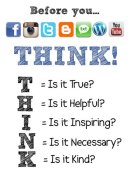
- Deepfake Disclosures: Talk to teens about what it means to be able to deepfake a person into a situation. Consider the real life consequence of their own image being used to promote something that they are absolutely against. What can be done, legally? How does it make you feel? What should we consider for the future?
- Social Media Skills: Talk to kids about cyberbullying, online scams, and responsible digital citizenship. Remind them that whatever they upload onto the web is there, able to be found even if they delete it! Never upload or send a friend anything you don't want other people to see.
- News Bias Bingo: Create cards with common biases and watch the news; or download ours. As you hear a bias mark it on your card. Discuss the biases and the news report.
- Consider reading your news from sources like Ground.News - Tackling media bias and giving you multiple sources at one time to compare and battle bias
Knowledge Areas
- Psychology
- Sociology
- Anthropology
- World history
- Statistics and probability
- Computer
- Science and Engineering
Learning Outcomes
- Maintain dynamic disposition
- Consider cultural lenses
- Cultivate comfort with competing evidence
- Understanding how to use large complex sets of data for learning and decision making
- Knowing the differences between human and machine learning
Design Thinking

Keys to Mastering this Concept
(from Design Thinking: Understand, Improve, Apply)
- The human rule: All design activity is ultimately social in nature
- The ambiguity rule: Design thinkers must preserve ambiguity
- The redesign rule: All design is redesign (mistakes are a natural part of the process of iterative improvement)
- The tangibility rule: Making ideas tangible facilitates communication

- Design challenges can be sparked whenever a toy is broken
- Take machines apart challenge
- Design toys of your own!
- Design a new book cover for an old children's book
- Design a new movie poster for a classic
- Challenge yourself to create your own typography
- Challenges that inspire you to see the same design differently. For example, consider watching an episode of this design expert's show, where he explores kitchen gadgets and offers redesigns.
- Consider traversing a familiar space in the dark. If you have the option, consider traversing a familiar landscape in a wheelchair or with crutches or while pushing a stroller.
- Consider using familiar tools with slippery gloves. These challenges ask, does this design suit everyone or just the majority? What accommodations are in place for those with different-able bodies?
Knowledge Areas
- Customer surveying
- Design and prototyping
- Project management
- Entrepreneurship
Learning Outcomes
- Critical and creative thinking
- Conscientiousness in carrying out all aspects of complicated projects
